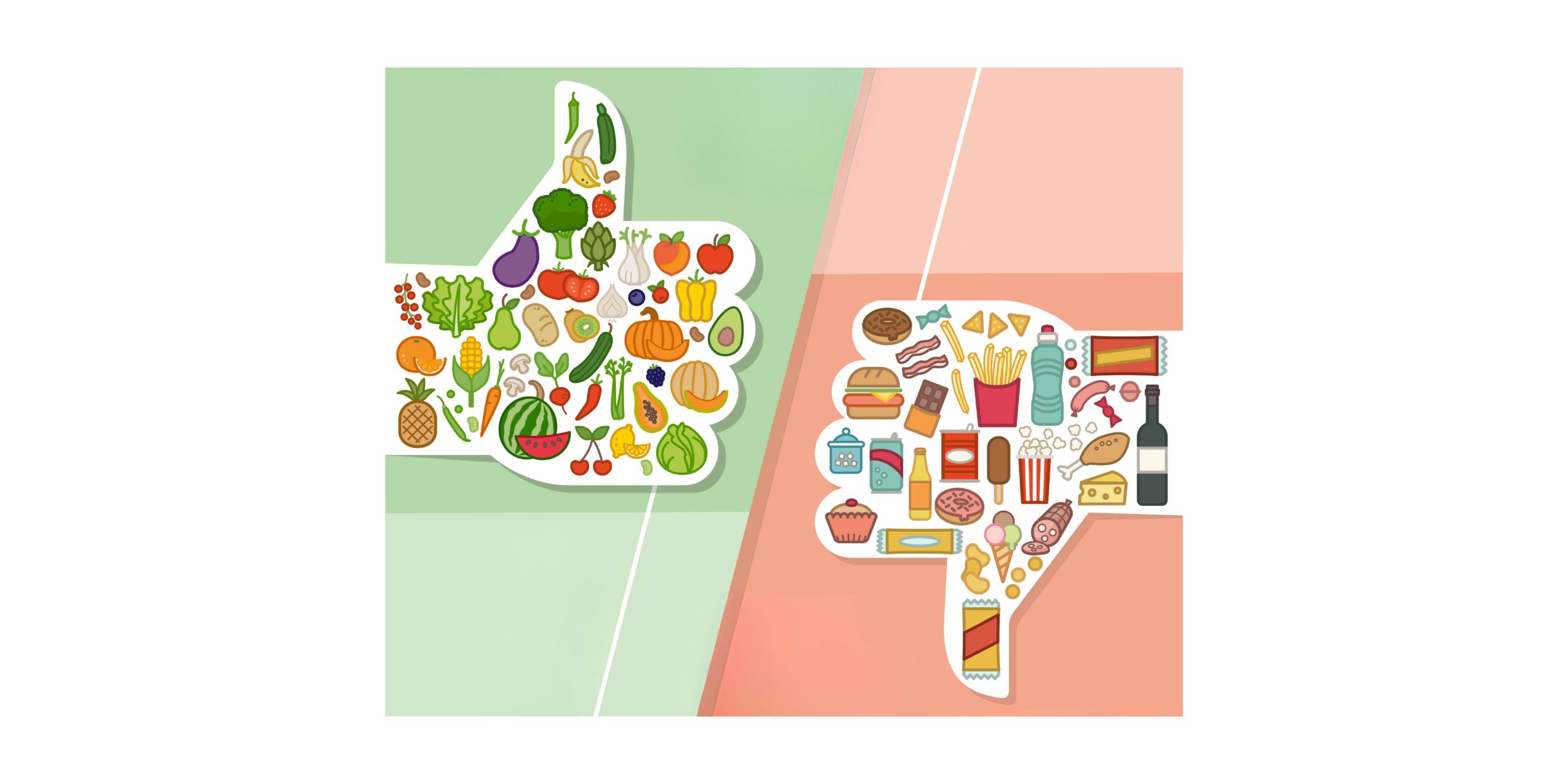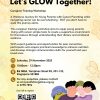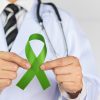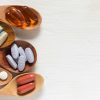Should cancer fighters avoid certain foods? We may have come across such advice, but is it accurate? Before eliminating foods from your diet, it is important to know that such restrictions may not reduce cancer risk and might even be detrimental to your health. Let’s explore five powerful lifestyle changes that can help you lower your risk.
Soy Products
Studies have shown that phytoestrogens have different impacts on those who consume frequently from a young age in comparison to those who ate soy products in their adulthood. The phytoestrogens in soy differ from human estrogen and have no impact on breast cancer survivors. Therefore, breast cancer survivors can safely consume soy products, and it may even be beneficial. It is recommended that we incorporate soy products such as tofu, taukwa, tempeh, unsweetened soy milk, soybean curd, and edamame into our daily diet.
Red Meat
Red meat is meat from mammals with four legs, such as pork, beef and mutton. While red meat is a good source of protein and nutrients such as iron, zinc and vitamin B12, it is a probable cause of colorectal cancer. The World Health Organisation classifies red meat as a class 2A carcinogen. Limit consumption to no more than three portions of 120-165g cooked weight per week.
Burnt Food
Acrylamide forms in starchy foods such as toast or potatoes during prolonged cooking at high temperatures. Heterocyclic Amines (HCAs) are produced when meat or poultry is cooked at high temperatures for extended periods. Polycyclic Aromatic Hydrocarbons (PAHs) are created when meat juices and oils drip onto an open flame, generating smoke that adheres harmful particles to the meat’s surface. The World Health Organisation classifies these compounds as Class 2A carcinogens. To minimise these risks:
- Bake, toast, or roast starchy foods only until yellow-brown or just cooked
- Avoid exposing meat and poultry directly to open flames
- Limit prolonged cooking times
- Remove charred portions of food
- Refrain from consuming gravy made from meat drippings
Coffee
Studies suggest that coffee consumption may reduce the risk of liver and endometrial cancers due to compounds such as caffeine, flavonoids, lignans, and polyphenols, which have anti-inflammatory properties that help inhibit cellular damage. The recommended maximum daily caffeine intake is 400 mg, equivalent to about four cups of coffee. Limit the use of sugar and creamer, and be mindful of any symptoms related to caffeine consumption.
Vegetarian Diet
Studies have shown that vegetarians tend to have a lower overall risk of cancer compared to those who consume meat. This is often attributed to their lower intake of saturated fats and higher consumption of dietary fibre and vitamins. However, a common concern lies with mock meats, particularly in Asian cuisine, which are often heavily flavoured with condiments, additives, and artificial colourings to enhance their taste and appearance. A vegetarian diet, primarily based on fresh, whole produce, may be beneficial for cancer risk reduction. That said, vegetarianism is optional. Lean protein should be included in every main meal, and low-fat cooking methods should be opted for whenever possible.
References:
-
Department of Health and Human Services, Office of Disease Prevention and Health Promotion (2018). Eat healthy, be active: Community workshops. Skyhorse.
-
International Agency for Research on Cancer. (n.d.). Cancer topics. https://www.iarc.who.int/cancer-topics/
-
Rock, C. L., Thomson, C., Gansler, T., Gapstur, S. M., McCullough, M. L., Patel, A. V., Andrews, K. S., Bandera, E. V., Spees, C. K., Robien, K., Hartman, S., Sullivan, K., Grant, B. L., Hamilton, K. K., Kushi, L. H., Caan, B. J., Kibbe, D., Black, J. D., Wiedt, T. L., . . .
-
Doyle, C. (2020). American Cancer Society guideline for diet and physical activity for cancer prevention. CA: A Cancer Journal for Clinicians, 70(4), 245–271. https://doi.org/10.3322/caac.21591
-
World Cancer Research Fund International. (2022, April 21). Cancer prevention recommendations. https://www.wcrf.org/diet-activity-and-cancer/cancer-prevention-recommendations/






